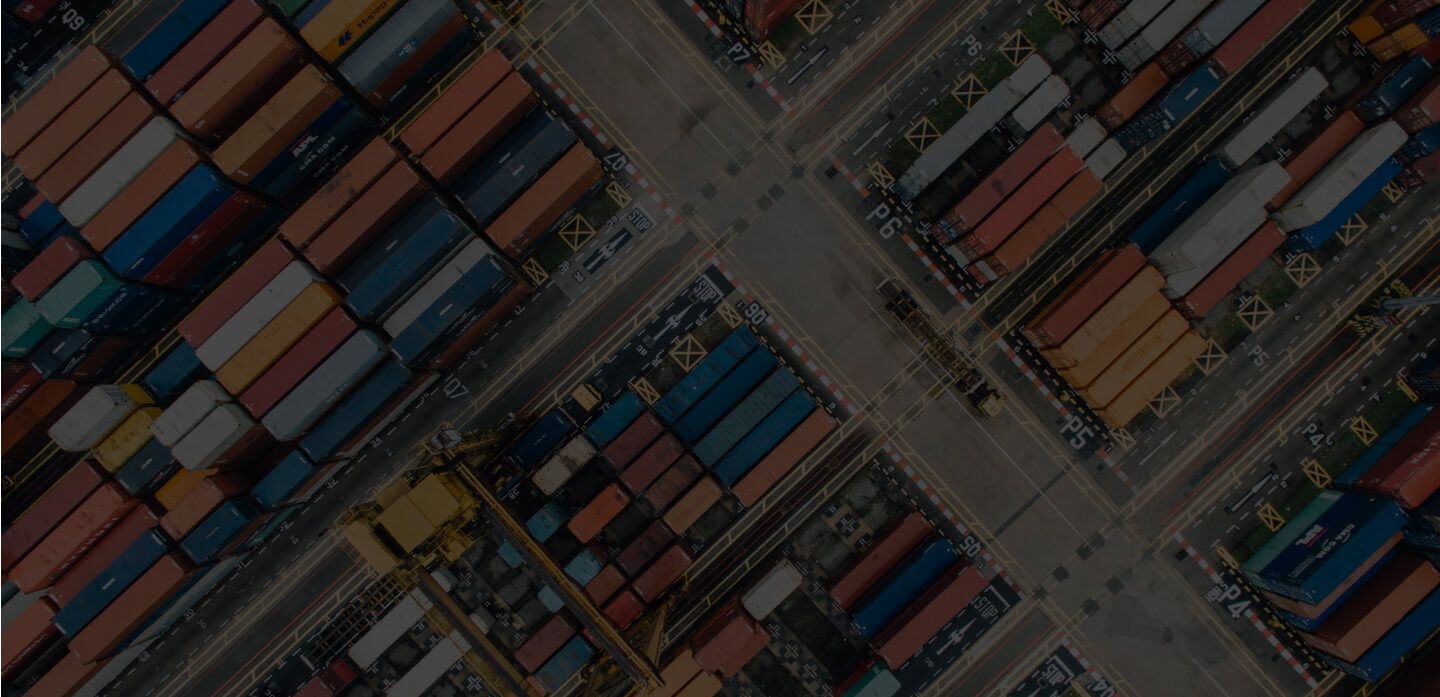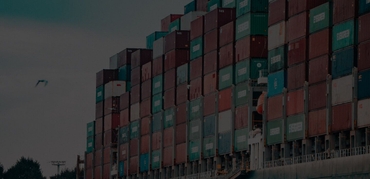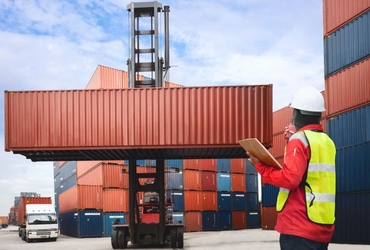
IMO sets 0.5% sulfur cap



IMO’s sulfur cap
Last week, the International Maritime Organization (IMO) announced it would set a 0.5% sulfur cap on shipping emissions by 2020. The ruling applies to ships worldwide. This news comes shortly after the European Parliament (EP) rejected including shipping emissions from the ocean freight industry as part of the union’s Emissions Trading System (ETS). Ships will now have to make sure the use of fuel oil on board meets the new sulfur content requirement.
The Marine Environment Protection Committee (MEPC) believes everyone will be able to meet marine fuel sulfur limits of 0.5% by 2020. With the current limit set at 3.5%, ship owners have just over 3 years to cut their marine fuel with sulfur usage by an additional 3%. The only exceptions to the rule are if the safety of the ship or crew members is at risk, and if a ship or its equipment are damaged. Although this will cause added costs for shipping lines, in the end, it benefits the environment.
“The reductions in sulfur oxide emissions resulting from the lower global sulphur cap are expected to have a significant beneficial impact on the environment and on human health, particularly that of people living in port cities and coastal communities, beyond the existing emission control areas.”
– Kitack Lim, IMO Secretary-General
How the sulfur cap works
While newer ships with advanced fuel options are being built, ship owners will eventually stop the use of older vessels. **In the meantime, older ships will have to choose between paying more for fuel or installing equipment to reduce sulfur emissions. **
The main and auxiliary engines and boilers are considered areas of fuel oil usage on board. Ships can meet the requirement by using low-sulfur compliant fuel oil or implementing new practices when traveling.
What are your fueling options
The use of low-sulfur compliant fuel is the simple option for adjusting to stay under the sulfur cap. Many ships are also using gas as a fuel to reduce sulfur oxide emissions since that is the result when it’s ignited. The use of methanol is also an option when deciding on alternate fueling options.
“Regardless of what type of fuel refiners eventually settle on to meet the new emission requirements, it will be more expensive than current bunker prices. There is going to be a different blend in Singapore and the Middle East gulf and the compatibility of the two is a question to be answered. But in terms of the price, we could be looking at an extra $200 a tonne, or even more, overnight,”
– Stavroula Betsakou, Head of Tanker Research at Howe Robinson
“Scrubbers” are common on older vessels when trying to eliminate sulfur emissions. This involves exhaust gas cleaning systems or “scrubbers”, which “clean” the emissions before they are released into the atmosphere. In order to use scrubbers, it must be approved by the ship’s flag state.
What the new sulfur cap means
There is fear amongst ship owners that it won’t be possible to supply enough clean vessel fuel by 2020. So, this sulfur cap could affect other fuel production and increase transportation cost.
“It is clear that the IMO study is flawed, meaning it is not possible to determine from the study that there would be sufficient fuel available in 2020. On that basis, our opinion is that it would be irresponsible for IMO to make the decision to go for 2020 at MEPC 70 in October. There is clearly a need for additional analysis to ensure the supply chain for global trade is not seriously disrupted and developing nations are not hit hard by a lack of affordable energy,”
– Lars Robert Pedersen, Deputy Secretary General at BIMCO
If the cleaner vessel fuel increases the fuel prices, the BAF (bunker adjustment factor) could be expected to increase. At the same time, any production shortage could cause increases in regular diesel fuel prices so the trucking fuel would increase too.
“Given the tremendous additional cost that this measure will add to supply chains, we look forward to working with the IMO to ensure that the low-sulfur fuel requirement is implemented in a consistent way worldwide so that we maintain a level commercial playing field,”
– John Butler, President and CEO of World Shipping Council, which represents about 90 percent of global container capacity
Hopefully, there is indeed clean vessel fuel by 2020 to avoid any further delays and increase in shipping delay charges.
All you need to know about #IMO's sulfur cap https://t.co/Hnw7ZwzQ79 #shipping pic.twitter.com/vvQIeyOfSL
— iContainers (@icontainers) November 3, 2016
Related Articles

